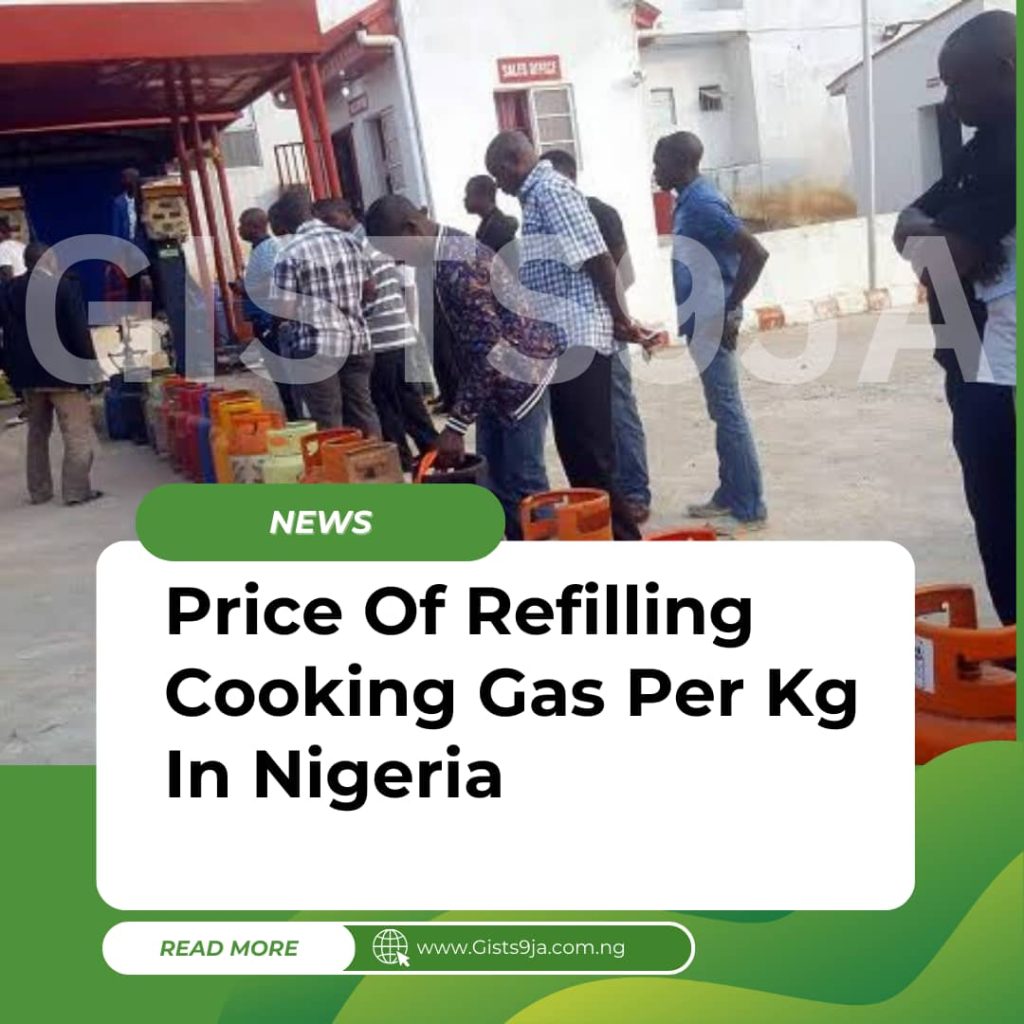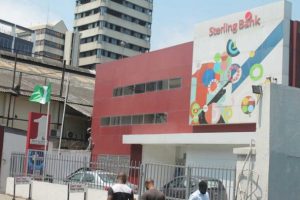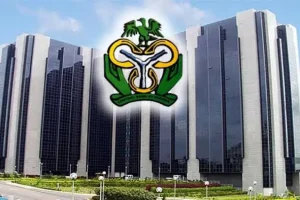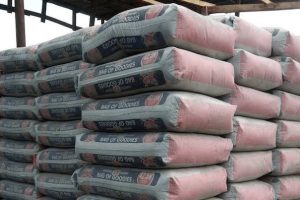
The cost of refilling Liquefied Petroleum Gas (LPG), commonly known as cooking gas, has surged to an all-time high in Nigeria, placing a heavy financial burden on households and businesses.
As of recent reports, 1kg of LPG now sells for ₦1,100, a sharp increase that has sparked widespread concern across the country.
The drastic price hike comes at a time when many Nigerians are already grappling with rising food costs, inflation, and soaring electricity tariffs, making daily living increasingly difficult for low- and middle-income earners.
Soaring Prices and Economic Strain
A standard 12.5kg cylinder, which was priced between ₦8,000 and ₦9,000 in early 2023, now costs between ₦13,000 and ₦14,000—a staggering increase that has forced many families to reconsider their energy choices. The price jump is even more significant for smaller cylinder sizes, making cooking gas less accessible for the average Nigerian household.
Key Factors Behind the Price Surge
Industry analysts have pointed to multiple factors driving the relentless rise in LPG prices:
1. Rising Global Gas Prices
The international market price of LPG has been on an upward trend, directly impacting Nigeria, which still relies heavily on imported gas despite being a gas-rich nation.
2. Foreign Exchange Crisis
The depreciation of the naira against the U.S. dollar has significantly raised importation costs. Since a large portion of Nigeria’s LPG supply is sourced from international markets, the weakened currency means higher landing costs for gas importers.
3. Insufficient Local Production
Despite Nigeria’s vast natural gas reserves, domestic supply remains inadequate to meet demand. This shortfall has led to increased reliance on costly imports, further inflating prices.
4. High Distribution and Logistics Costs
The rising cost of fuel, worsened by the removal of petrol subsidies, has escalated transportation and logistics expenses. Moving gas from depots to retail points now costs more, and these expenses are ultimately passed on to consumers.
Government Response and Possible Relief Measures
The Federal Government has acknowledged the growing concerns over cooking gas affordability and has pledged to intervene to stabilize the market.
The Nigerian Midstream and Downstream Petroleum Regulatory Authority (NMDPRA) has hinted at policy reforms aimed at boosting domestic gas production and reducing import dependency. Some potential measures include:
- Incentives for local gas producers to encourage increased production.
- Eliminating import duties on LPG to lower importation costs.
- Investments in gas infrastructure to improve local distribution and storage capacity.
While these policies could offer long-term relief, the immediate impact on prices remains uncertain.
Nigerians Seek Alternative Cooking Options
As LPG prices continue to soar, many households are being forced to explore alternative cooking fuels, including:
- Firewood and charcoal – cheaper but environmentally harmful.
- Kerosene stoves – another option, though kerosene prices have also risen.
- Electric cookers – a viable alternative but hampered by Nigeria’s unstable power supply.
If prices remain high, more families may revert to traditional cooking methods, potentially increasing deforestation and indoor air pollution.
Current LPG Prices by Cylinder Size
| Cylinder Size | Price (₦) |
|---|---|
| 1kg | ₦1,100 |
| 3kg | ₦3,300 |
| 5kg | ₦5,500 |
| 6kg | ₦6,600 |
| 10kg | ₦11,000 |
| 12.5kg | ₦13,750 |
Conclusion
The relentless increase in cooking gas prices is taking a toll on Nigerian households, making basic meal preparation a financial strain. Until significant policy interventions take effect, many families will continue to struggle with the high cost of LPG, further compounding economic hardships.
For continuous updates on gas prices and government interventions, stay tuned.





